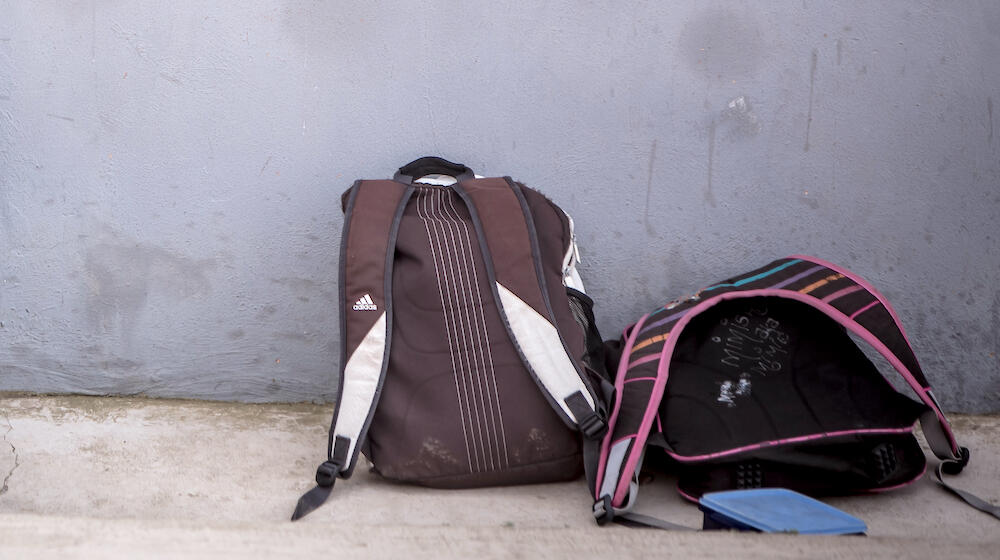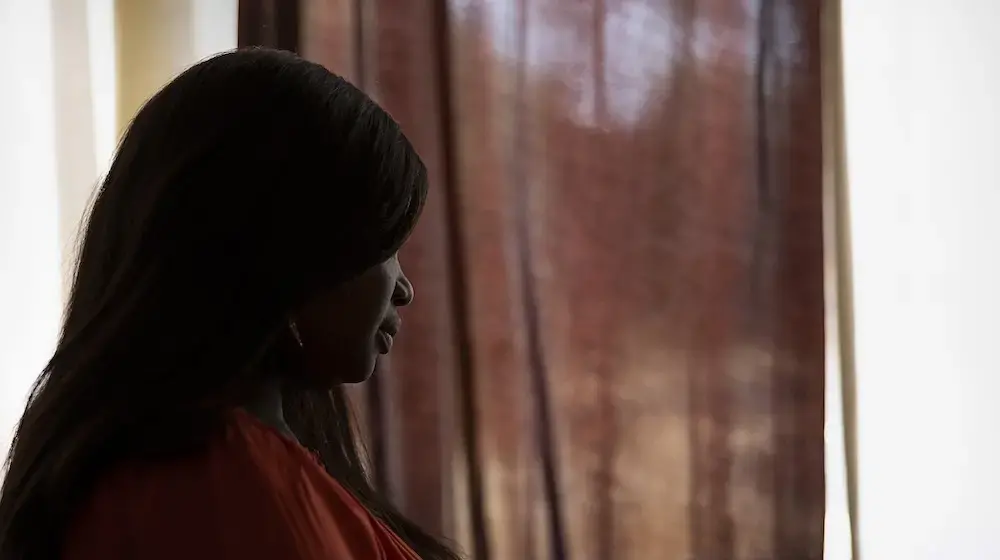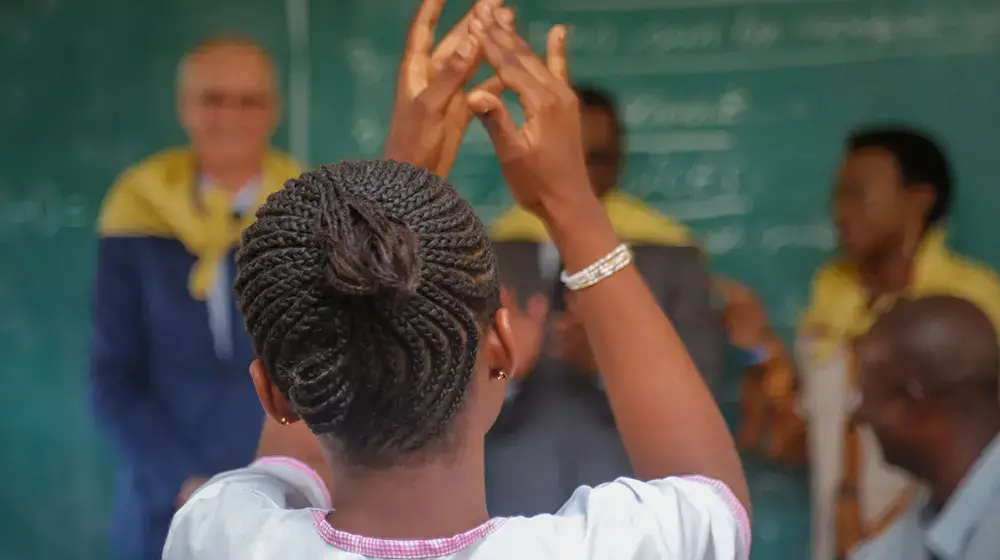By Dr. Agathe Lawson, Representative UNFPA South Africa, and Christine Muhigana, Representative, UNICEF South Africa
Walking home from school in a village outside Mthatha in the Eastern Cape, 15-year-old Lindiwe* was attacked and raped by a man who emerged from the nearby bushes. This traumatic incident was reported by her distraught mother to the local chief and then to the closest police station. Upon discovering that the teenager was pregnant a few months after the rape, her family refused to allow her to terminate the pregnancy as this went against their religious beliefs. Lindiwe missed a year of schooling due to her pregnancy and today, is the mother of a little boy. Most concerning is that, two years later, Lindiwe and her family have given up on the arrest and conviction of the perpetrator.
Sadly, Lindiwe’s story is all too common in many parts of South Africa, where girls and young women are sexually violated and no-one is held responsible. While the prevalence of this type of crime is high, the conviction rate for sexual violence is a low 8.6 per cent, according to the South African Medical Research Council (2017), pointing to a lack of accountability and justice.
As Women’s Month drew to a close, we are reminded that, despite notable progress in the country, much more needs to be done to tackle gender-based violence (GBV) and to promote sexual and reproductive health
This is why the United Nations Population Fund (UNFPA), the United Nations Children’s Fund (UNICEF) and Global Affairs Canada have established a joint programme on empowering women and girls to realize their sexual
With a focus on decreasing discriminatory and harmful practices and attitudes that perpetuate sexual and gender-based violence against women and girls, the programme aims to strengthen the capacity of
Before commencing with any implementation, however, it is vital to understand the actual situation on the ground. We therefore conducted a study in
The study pointed to the need for
The rural-urban divide was also highlighted, with one young woman in a rural area saying that she learns about GBV from community meetings organized by local non-governmental organizations, while in an urban district, the youth participants reported that they learn about these issues mostly from television, social media and radio
If she had approached a health facility immediately after being attacked or visited a local chief who had experienced the capacity building initiatives of this programme, the outcome could well have been different. She would likely have been referred to the relevant support services to access the treatment she needed, including pregnancy prevention and other necessary medication. Her community could then have engaged the police to pursue an investigation and bring pressure to bear for an arrest of the suspect.
Lindiwe is hoping to complete her schooling this year and to pursue a career in nursing. It has been a difficult journey for her, and for too many other adolescent girls and young women who, like her, have experienced rape. With programmes like this, we hope to make the journey an easier one for all of them.
* Name changed to protect her privacy.




